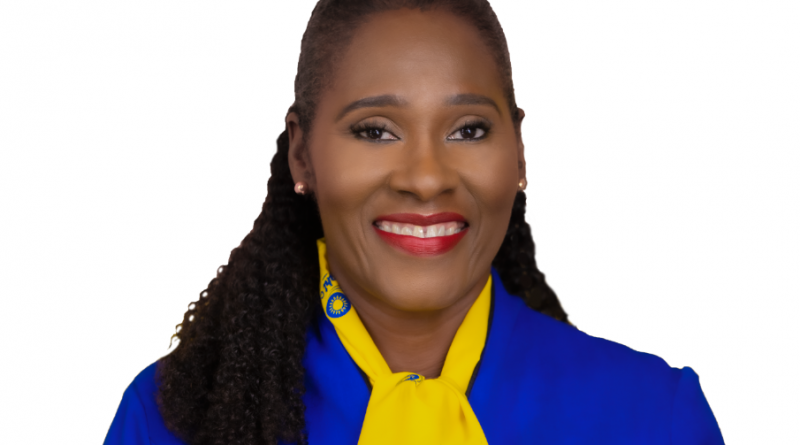Members of the main opposition party have maintained criticism of the government’s proposed increase in vehicle registration fees, with concerns growing about its impact on the cost of living.
During an interview on Observer AM yesterday United Progressive Party (UPP) Senator Pearl Quinn-Williams, warned of widespread economic consequences for citizens.
“The most obvious direct impact is on the pockets of the people. They now have to pay a hundred dollars more to Transport Board, which means that a hundred dollars less will be available for household and other needs,” she said.
The senator highlighted that the ripple effects would extend beyond direct fees.
“You can be assured that transportation costs, taxi and bus fares, and rental car fees are going to be increased. Business owners will pass on the increase to their customers and clients for goods and services,” Senator Quinn-Williams said.
A similar concern was echoed earlier this week by MP for St John’s Rural West Richard Lewis who called for the government to reconsider its decision.
Quinn-Williams also raised questions about the government’s financial management, particularly regarding existing road tax revenue.
The Transport Board takes in at least $26 million every year in registration fees,” she revealed, calculating that with $650 annual fees for approximately 40,000 vehicles, the collections over the past decade have been substantial.
“When we calculate $26 million over 10 years, from 2014 to 2024 it amounts to over a quarter of a billion dollars collected by the Browne administration in road tax alone,” the senator emphasized. She noted that this figure doesn’t include driver’s license fees or taxes collected from shipping containers, which reportedly number over 100 per month.
The UPP senator also expressed skepticism about the government’s proposal to borrow against hypothecated funds, as suggested by Lionel Hurst, the government’s chief of staff.
“Can this government be trusted with funds it claims to be borrowed to fix roads? Can it be trusted? Or will that money be spent on general election lodges?” she questioned.
The opposition party is planning a coordinated response to the fee increase.
“The party is starting with educating the people on the impact and the ramifications of the increase. We will use the radio, social media, print media, you know, engage the people directly,” Quinn-Williams said.
She stressed that the issue transcends political lines stating, “We want them to understand that this increase affects all of us in one way or another, regardless of your party affiliation or support.”
The UPP plans to involve citizens in determining its next steps.
“We will allow the people to say how we move forward as one in registering our strong objection to this increase and determine what course of protest action we will take so that we have their buy-in and their full participation,” Quinn-Williams concluded.
The government has yet to respond to these latest criticisms on its proposed registration fee increase.




